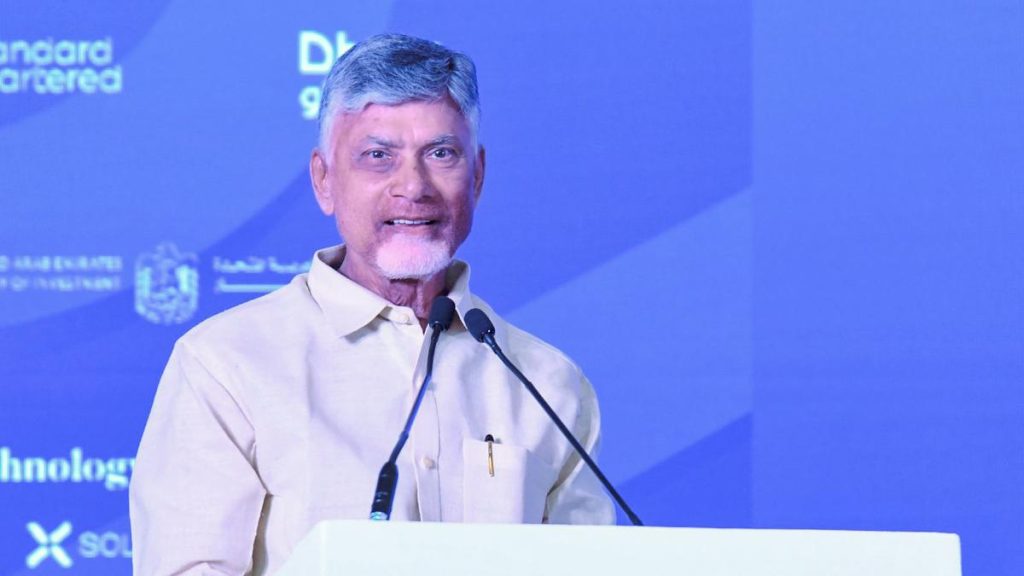Now Reading: Can You Read Words Without Vowels? Here’s How
1
-
01
Can You Read Words Without Vowels? Here’s How
Can You Read Words Without Vowels? Here’s How

Quick Summary:
- A study explores how the human brain processes words even when vowels are absent.
- The brain relies on patterns, context, and predictions to interpret incomplete data.
- David Eagleman, a neuroscientist at Stanford University, posits that our brains actively predict information and are not passive recipients of input.
- The fusiform gyrus plays a critical role in visual recognition; its left side houses the Visual Word Form Area (VWFA), which helps in reading even incomplete text like vowel-less words.
- Studies show that with exposure and language learning, VWFA becomes skilled at recognizing meaningful combinations of letters despite gaps or missing parts.
- Fluent readers of languages like Hebrew (largely written without vowels) showcase this adaptability naturally over time.
Indian Opinion Analysis:
This study highlights essential cognitive mechanisms involved in language processing that transcend cultural scripts-a relevant point for IndiaS multilingual society where regional alphabets ofen omit elements compared to others adapting faster hints neurological overlaps logic yet simplifies decentralizing richer comprehension lastly nuances how dialects user speech adjust templates inclusive functionalities efficiently logical connectivity txt adapt neutral..Read More.
Stay Informed With the Latest & Most Important News
Previous Post
Next Post
Loading Next Post...

























